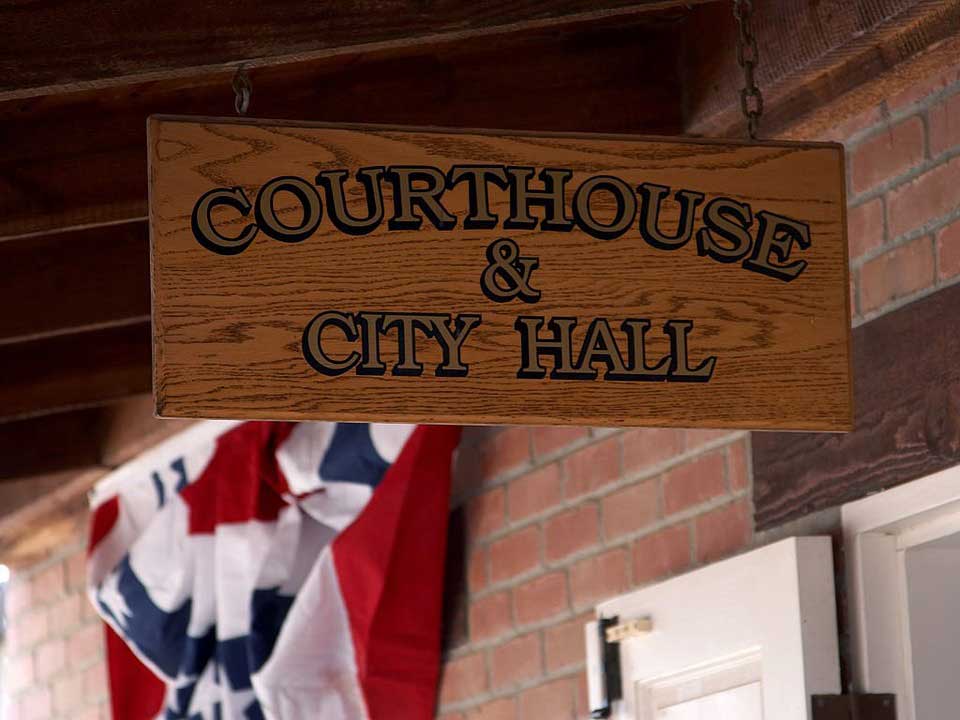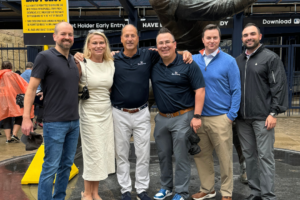
As COVID-19 cases become more widespread, governmental agencies and municipalities should carefully review their procedures and policies concerning sick leave, unpaid leave, and other accommodations such as working remotely. While federal law through the Americans with Disabilities Act only applies to employers with fifteen or more employees, Pennsylvania law through the Pennsylvania Human Relations Act is much more restrictive and applies to all public employers regardless of size.
Keeping City Hall Open
The various municipal codes contained within the Pennsylvania statutes provide a fair level of guidance on the steps that municipal governments can take in protecting the health, safety, and welfare of their citizens, businesses, and visitors. Both the Third Class City Code and the Borough Code permit the mayors of cities and boroughs to declare emergencies that restrict persons from public streets, parks, or other places; prohibit the assembling or gathering of groups of individuals; and regulate any activities that the mayor believes would cause a clear and present danger to the health, safety, and welfare of life or property within the municipality (interestingly, neither township code provides for emergency declaration powers). However, these declarations of emergency can only last for five days (for third-class cities) or seven days (for boroughs) unless affirmed by the municipality’s council. This, of course, begs the question – in a public health crisis where people are being encouraged to avoid gathering in public spaces, how can a government council meet and still comply with state sunshine laws?
The answer, at least right now, is that the council likely cannot. The Pennsylvania Sunshine Act provides no exception for councils and agency boards to meet without proper notice to the public and the ability for the public to attend and comment. Indeed, the various municipal codes mandate that governmental bodies meet in regular meeting sessions on certain timetables; for example, third class city councils must meet once every calendar month, and public school boards must meet at least once every two calendar months. Meetings occurring via telephone or video conferencing are permitted in limited circumstances, but again these provisions are specific to each type of governmental body or agency, and the public at large must be given an opportunity to attend and participate. In other words, even in emergency situations, Pennsylvania law seems to mandate that government not only remain operational but open to the public, and therefore government officials would be wise to consult with public health officials concerning proper protections to take when having public meetings.
Protecting Public Employees
As COVID-19 cases become more widespread, governmental agencies and municipalities should carefully review their procedures and policies concerning sick leave, unpaid leave, and other accommodations such as working remotely. While federal law through the Americans with Disabilities Act only applies to employers with fifteen or more employees, Pennsylvania law through the Pennsylvania Human Relations Act is much more restrictive and applies to all public employers regardless of size.
Accordingly, governmental agencies and public employers are not permitted to discriminate against any of their public officials, contractors, or employees based upon a “non-job-related handicap or disability . . . which does not substantially interfere with the ability to perform the essential functions of the employment” or engagement. Handicap or disability is broadly defined as simply a physical or mental impairment that limits a major life activity. While not explicit within the PHRA, courts consistently treat the ADA’s requirement of employers providing reasonable accommodations to disabled employees as coterminous with the PHRA. See Reifer v. Colonial Intermediate Unit 20, 462 F.Supp.2d 621, 636 (E.D.Pa. 2006).
Obviously, if a collective bargaining agreement or the policies of a municipality provide for sick time off, the employee has the right to take those days for legitimate reasons. The same concept applies for public employees who qualify for family and medical leave. But what about those employees who may contract coronavirus who neither have sick days nor qualify for FMLA leave, such as a probationary or part-time employee? The answer lies within the PHRA: if the contracting of COVID-19 causes a physical impairment that limits a life activity, a reasonable accommodation such as working from home or a defined unpaid leave of absence must be provided if requested by the employee. While the limiting of a life activity would certainly include hospitalization for symptomatic employees, it would also likely include mandatory or even suggested quarantines of suspected infected employees, given the public health crisis we are currently experiencing.
Visit our COVID-19 Hub for additional information from our team to assist your business in responding to the COVID-19 crisis:
- Read Frank Botta’s post about the impact of COVID-19 on business health and safety policies.
- Read Frank Botta’s post providing clarity on Governor Wolf’s recommendations for essential and non-essential business operations.
- Read David Weber’s post: Contractors and Coronavirus: Refunds of Down Payments
Pittsburgh Municipal Services Attorneys
Our Municipal Services attorneys represent and counsel public entities on a variety of matters both in and out of court and have extensive experience in all areas of municipal law. With questions or for more information on the impact of COVID-19 for your business, call 724.776.8000.



